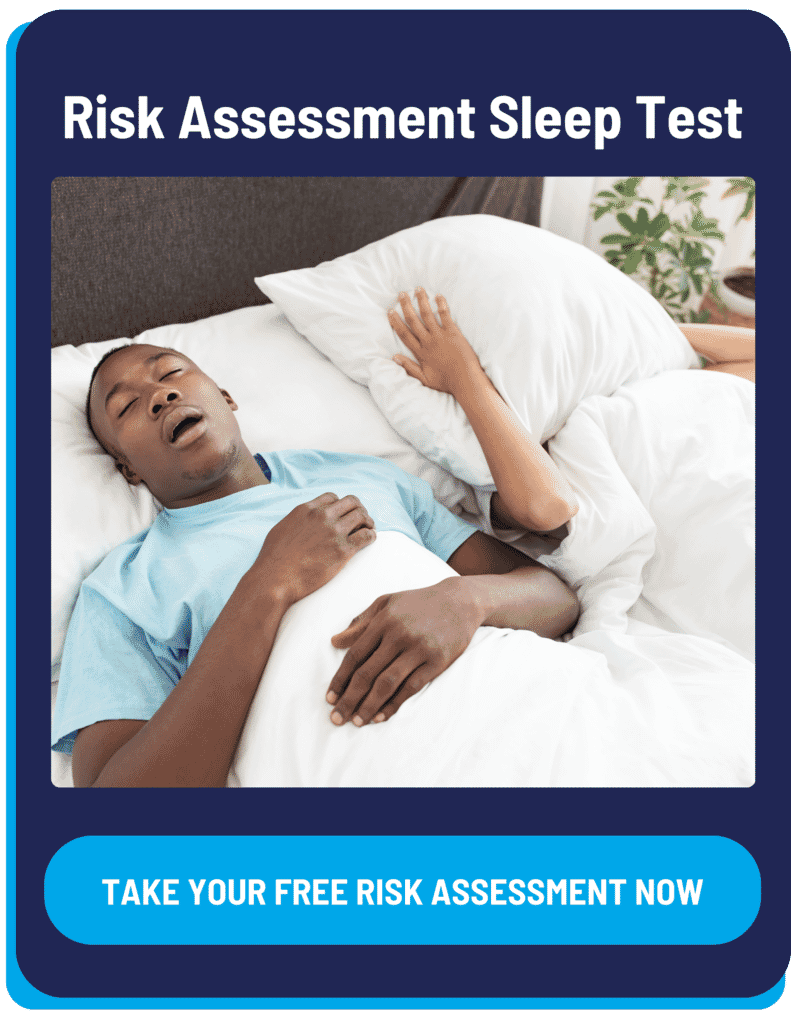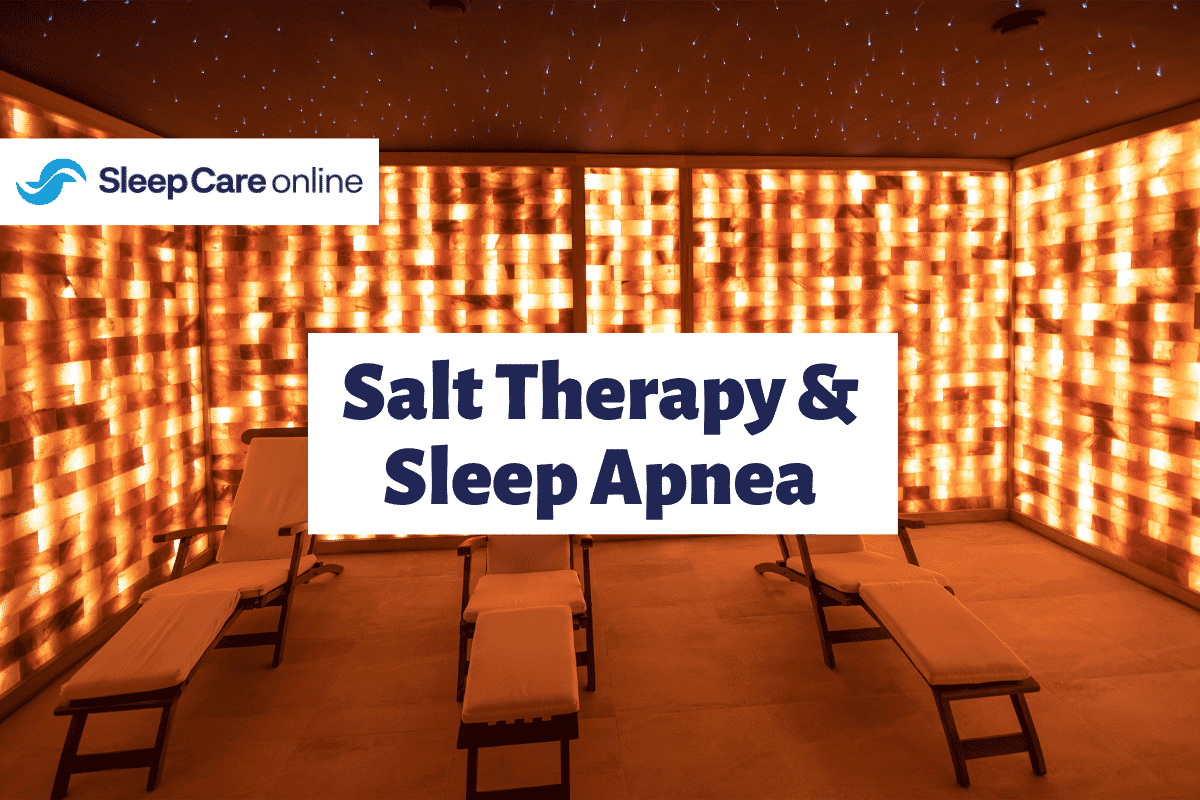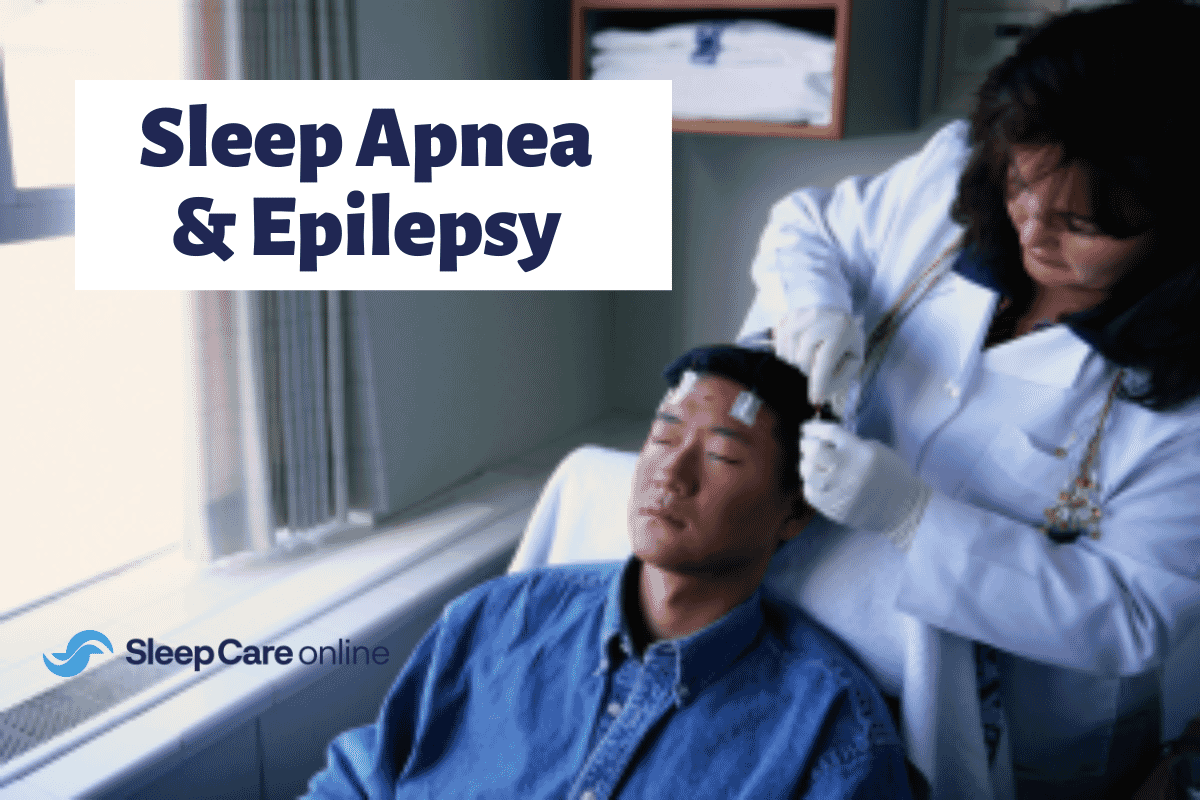Sleep apnea is linked to many physical problems and health concerns, such as type 2 diabetes and cardiovascular disease. While studies indicate a strong link between sleep deprivation and mental health, few clinicians view sleep apnea as a potential cause of depression.
Why Does Sleep Apnea Cause Mood Swings and Anxiety?
Sleep apnea is a common disorder in which patients repeatedly stop breathing throughout the night. These episodes of paused breathing are called “apneas” and they prevent oxygen from properly circulating throughout the body. If left undiagnosed and untreated, these apnea events can also alter brain chemicals that influence emotion, memory, and cognitive ability. In one study, researchers found two key brain chemicals that were affected by sleep apnea: glutamate and gamma-aminobutyric acid, or GABA.
GABA works to help calm people down while glutamate is directly related to stress. Sleep apnea patients involved in the study had lower levels of GABA and increased levels of glutamate. According to one of the researchers, this means “there must be a reorganization of how the brain is working.”1
Link Between Sleep Apnea, Anxiety, And Depression
Research into sleep and its effect on the brain is ongoing. However, it is clear that there is a connection between mental health and sleep quality. Common symptoms of sleep apnea include:
- Mood swings & irritability
- Lack of concentration
- Mental fogginess
These are also common symptoms of mental health disorders, such as anxiety and depression.
Common Symptoms of Sleep Apnea and Depression
Some overlapping symptoms of Sleep Apnea and Depression are:
- Attention problem
- Irritability
- Trouble thinking or concentrating
- Fatigue and excessive tiredness
- Sleep disturbance
- Change in appetite
Can Sleep Apnea Cause Depression – What Does The Research Say?
Research on sleep and its effect on the brain is ongoing. One study found that 14% of people being treated for their depression were diagnosed with untreated sleep apnea.2 These patients did not exhibit typical symptoms of OSA, such as daytime fatigue, and a small group of them were non-obese women (sleep apnea typically affects obese men).
As research in the field continues, it is important to understand that to treat depression and other mental health disorders, sleep health must also be examined and treated.
How To Cope With Depression and Sleep Apnea
If you are already treating yourself for sleep apnea, it will majorly help you to treat or reduce your depression and its symptoms. The other major ways to combine treatment for sleep apnea and depression are:
 Regular exercise
Regular exercise
Regular exercise helps to alleviate depression helps with weight loss, reducing sleep apnea symptoms.
 Avoid Drinking
Avoid Drinking
Drinking alcohol can affect both your depression and sleep apnea.
 Avoid Sleeping Pills
Avoid Sleeping Pills
Consumption of sleeping pills to fall asleep might relax your body extensively contributing to your sleep apnea. Moreover, sleeping pills are a major reason for depression in many people.
Should You Treat Sleep Apnea First Or Depression?
If you have both sleep apnea and depression, treating both conditions is highly beneficial to your overall health and well-being. In some cases, treating sleep apnea may be able to reduce depression symptoms.
Benefits of Sleep Apnea Treatment
There are many benefits to treating sleep apnea, including:
- Better sleep
- Less snoring
- Less daytime sleepiness
- Better focus and concentration during the day
- Improved mood
- Controls blood pressure
- Lowered risk of stroke and other health issues
Beginning with a Sleep Apnea Diagnosis
The first step to treating sleep apnea is a proper diagnosis. Sleep Care Online offers a sleep apnea test that effective, affordable, and able to be done in the comfort of your own home. Here’s how it works:
- With the Complete Care Package, schedule a 10-minute telehealth visit with a healthcare provider to discuss your symptoms, upcoming sleep study, test results, and treatment options.
- A multi-night, disposable home sleep apnea test is mailed to your home to be completed at your convenience.
- A physician analyzes the sleep data and provides a prescription if needed.
- Schedule an optional follow-up appointment (additional fee applies).
- We connect you to sleep experts who can offer customized sleep therapy options, assistance in equipment purchase, and initial set-up.
For more information about Sleep Care Online or our Complete Care Package, give us a call at 866-465-4478 or you can also email us at questions@sleepcareonline.com. Your mental health is important, and it starts with quality sleep. Contact us today to take the first step toward better sleep health.
References:
- Sleep Apnea May Affect Your Mood, Thinking Skills. Dallas, Elizabeth Mary. February 2016.
- Medical News Today. What is the link between sleep apnea and depression? Sandoiu Ana. July 2019.






